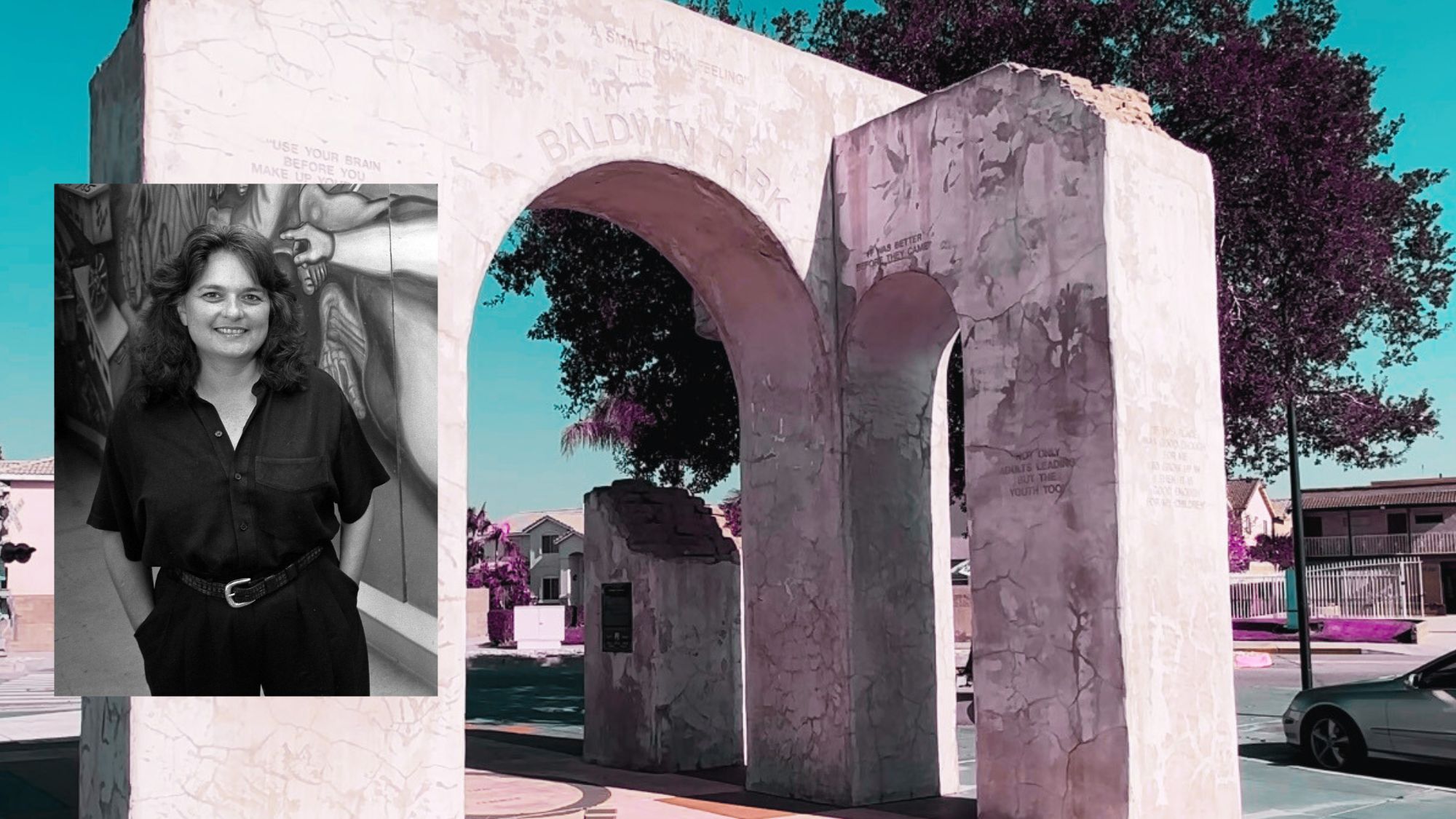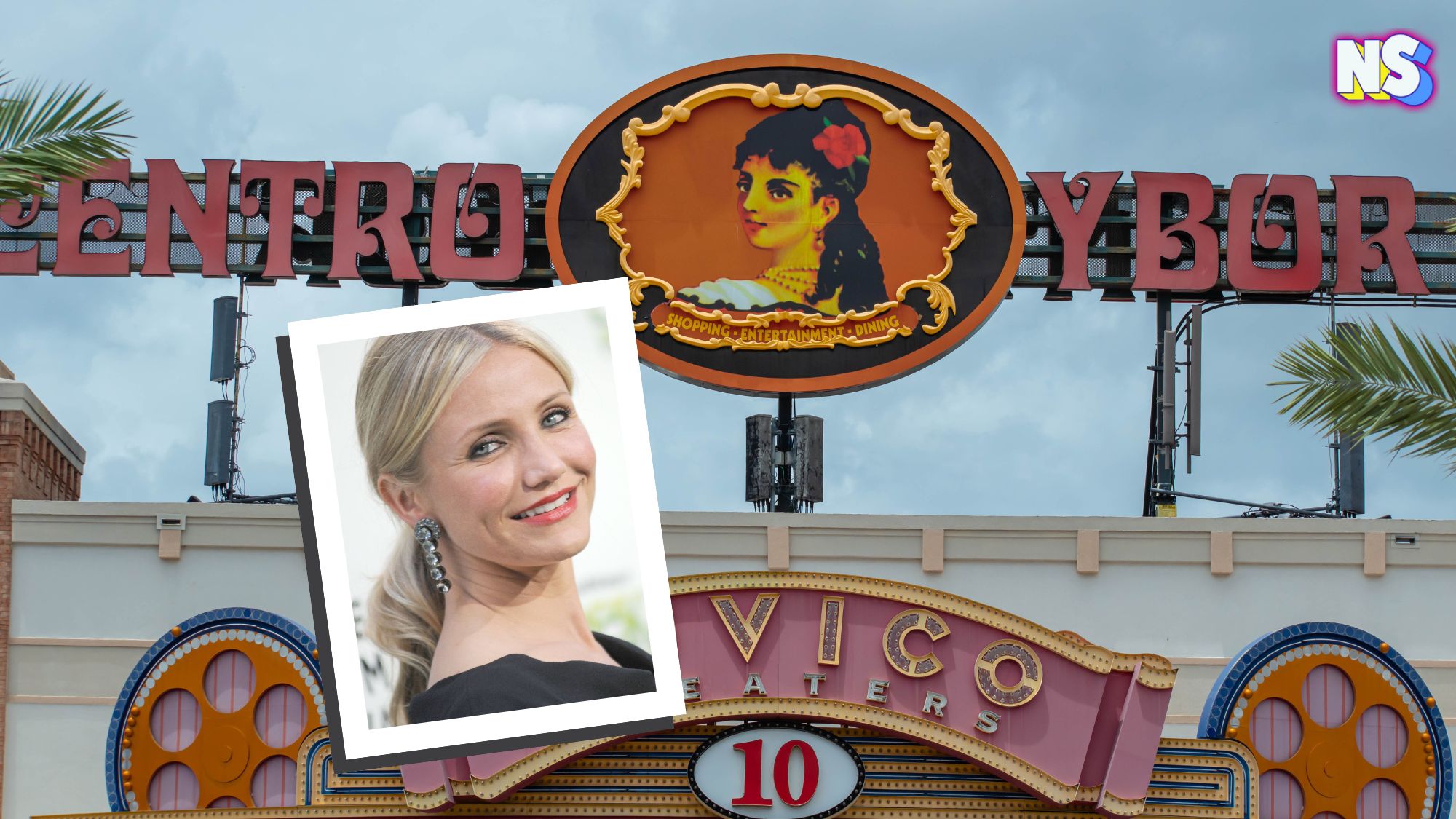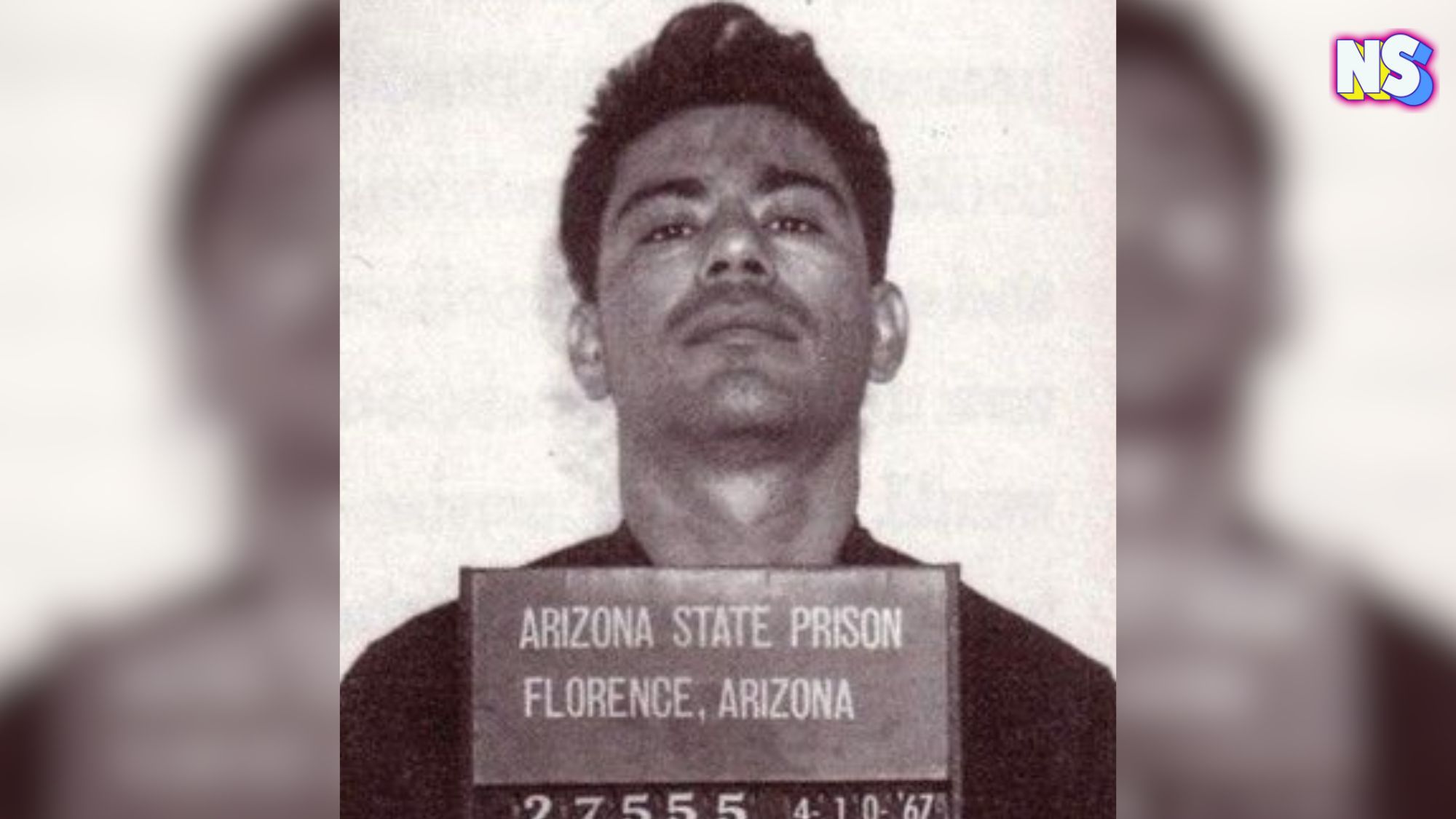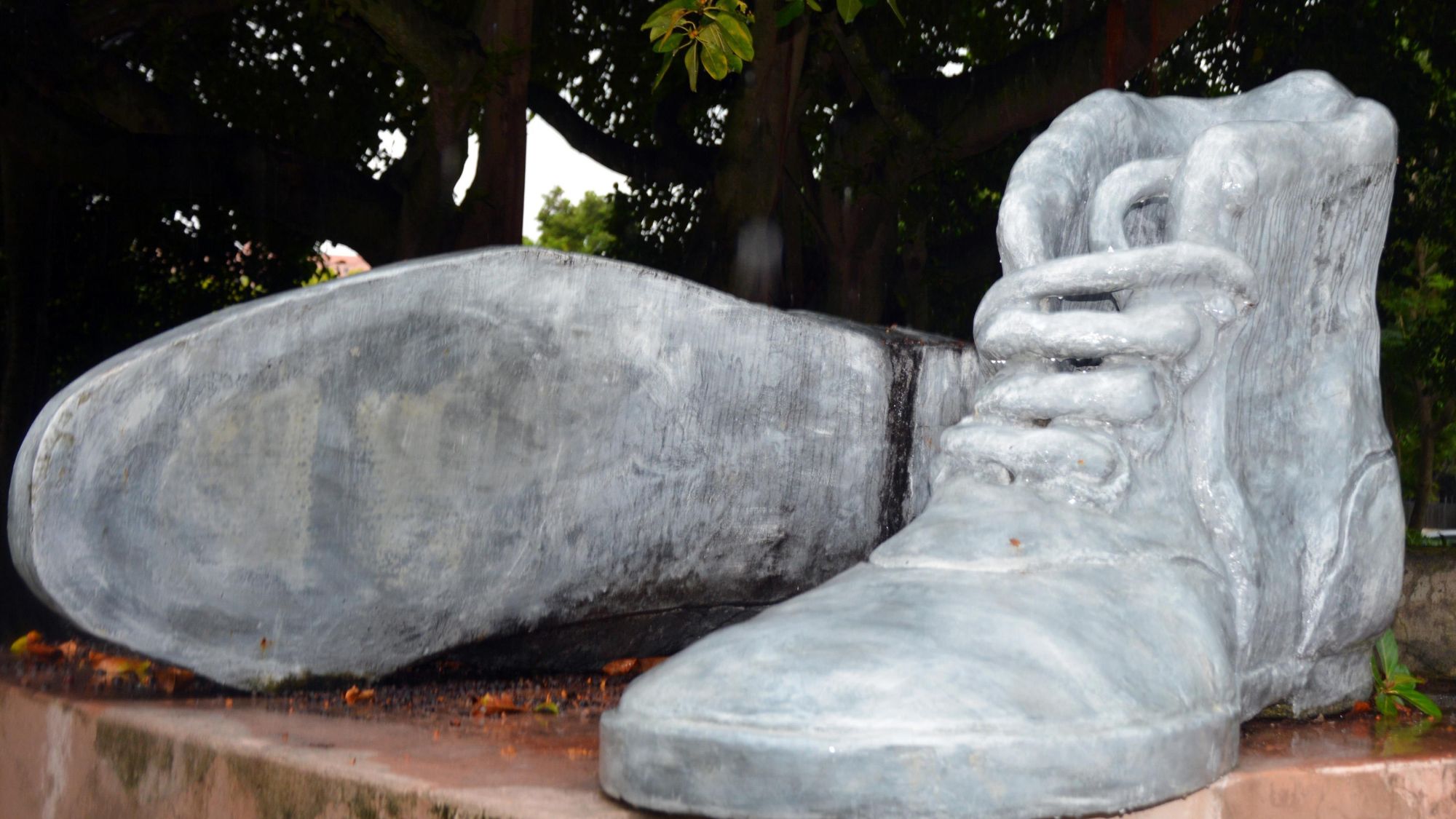Anyone who rides the Metrolink train around Baldwin Park, California has surely seen it. A public art piece created to represent pride and resilience. It stands proud, just as it’s supposed to. Created by Chicana artist, activist and professor Judy Baca, the artwork is called “Danza Indigenas” and stands as a monument to honor the bravery of the Gabrielinos, the native people who inhabited the land where the station now stands.
“The artistic design is meant to depict the archway of the nearby San Gabriel Mission,” MetroLink explains on its website.
Yet, years later, the monument drew unexpected criticism. Today, Danza Indigenas stands as a testament to both resilience and debate.
Danza Indigenas Controversy
The monument was erected in 1994 with little fanfare. For years, it stood as a silent witness to history, honoring the Gabrielinos’ struggle.
However, in 2005, an anti-illegal immigration group from Ventura County, Save Our State, raised objections, sparking a heated debate. They questioned the monument’s purpose and its portrayal of indigenous resistance. And they were especially upset about an anonymous engraved statement on its side.
“At issue was one particular inscription – ‘It was better before they came’ – that Save Our State claimed was directed against Anglo whites,” YouTuber Erick Molinar explains. “ … according to Baca, that sentence was uttered by an Anglo white Baldwin Park resident in the 1950s; he was lamenting the influx of persons of Mexican ancestry into the San Gabriel Valley following World War II.”
The Save Our State group’s protests caused counter-protesters and “required city expenditure on crowd control and riot police,” Molinar says. “Save Our State stopped protesting towards the end of the summer and has not made any further appearances in the city.”
Luckily, despite the challenges, Danza Indigenas endures.
The Artist and the Inspiration
Baca envisioned Danza Indigenas as more than just a sculpture. It is a testament to the resilience of a people whose culture and traditions were forever altered by the arrival of Spanish missionaries.
The Gabrielinos, whose ancestral lands spanned the San Gabriel region, faced many big challenges. Their way of life was disrupted, their beliefs questioned, and their very existence threatened. Today, the monument built in their honor is huge, symbolically and literally.
According to Baca’s own website, her public work Danza Indigenas (Indigenous Dance), is “composed on floor patterns, brass strips and lettering chronicling the colonial mission systems impact on indigenous people in five languages, (Gabrielino, Chumash, Luisueno, English and Spanish). It incorporates a 100-foot plaza and a 400-foot platform with five shelters. Central to the design is the 20-foot-high recreation of an archway in one wall of the nearby San Gabriel Mission.”
Toypurina: A Defiant Figure
Toypurina stands at the heart of Danza Indigenas. This courageous 23-year-old Gabrielino woman defied the missionaries, leading a valiant but ultimately doomed rebellion against their oppressive rule. Her story is one of bravery, determination, and the unwavering spirit of resistance.
One remarkable figure depicted is Toypurina, a courageous 23-year-old Gabrielino woman who bravely fought against the missionaries in a doomed attempt to overthrow them.
“ … Toypurina has become the symbol of Gabrielino resistance to the missions and an icon of California Indian women’s resistance to colonial oppression,” PBS SoCal writes.
The Los Angeles Almanac calls her “California’s Joan of Arc.”
Beyond the Monument
But Danza Indigenas isn’t confined to its central sculpture. The surrounding area boasts a spacious plaza and platform, stretching an impressive 400 feet. Five shelters provide respite for weary travelers, while the 20-foot recreation of an archway from the nearby San Gabriel Mission adds architectural grandeur.
Visiting Danza Indigenas is an opportunity to connect with the past, honor indigenous resilience, and engage in dialogue about our shared heritage.
So next time you’re at the Baldwin Park Metrolink station, take a moment to stop and appreciate this powerful work of art — it’s truly a must-see.





